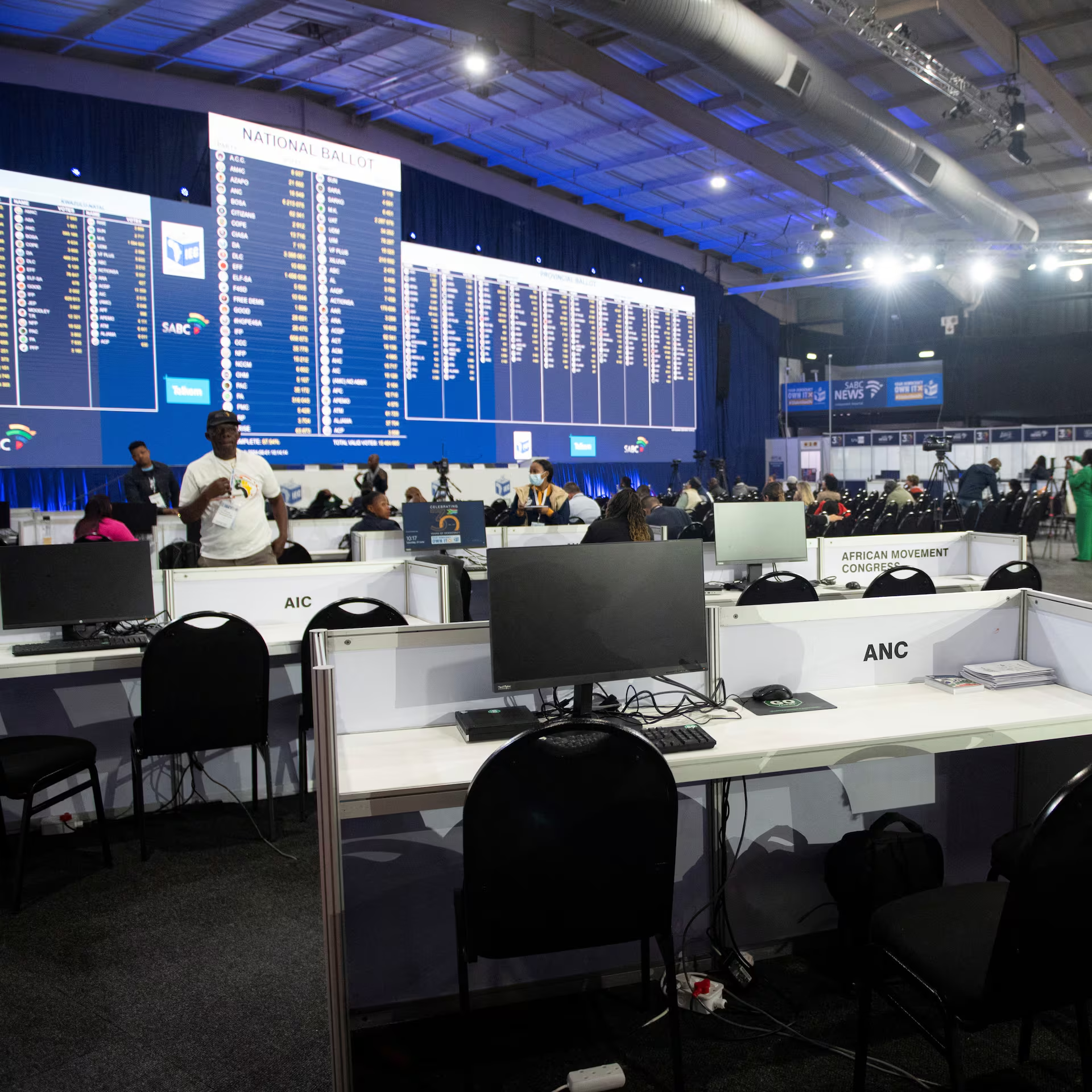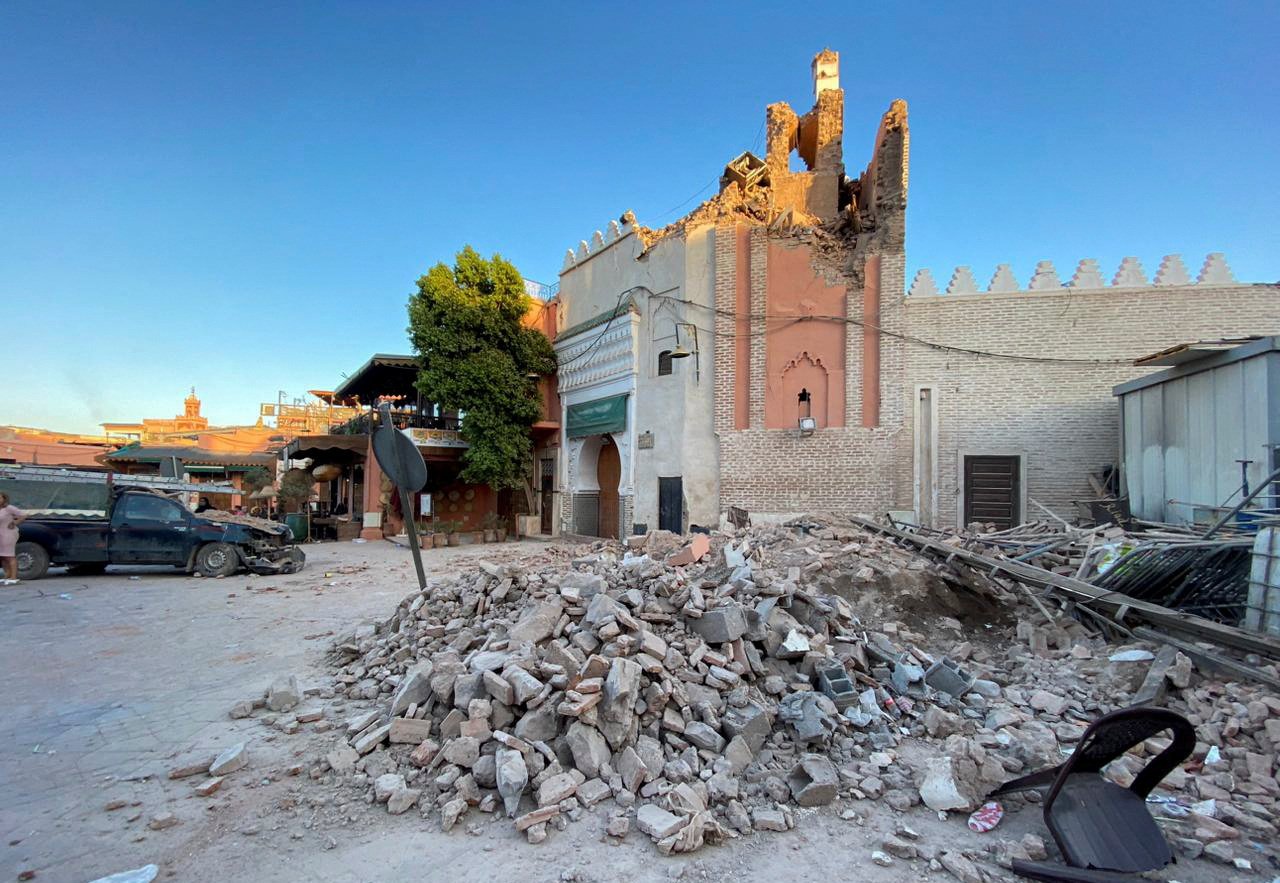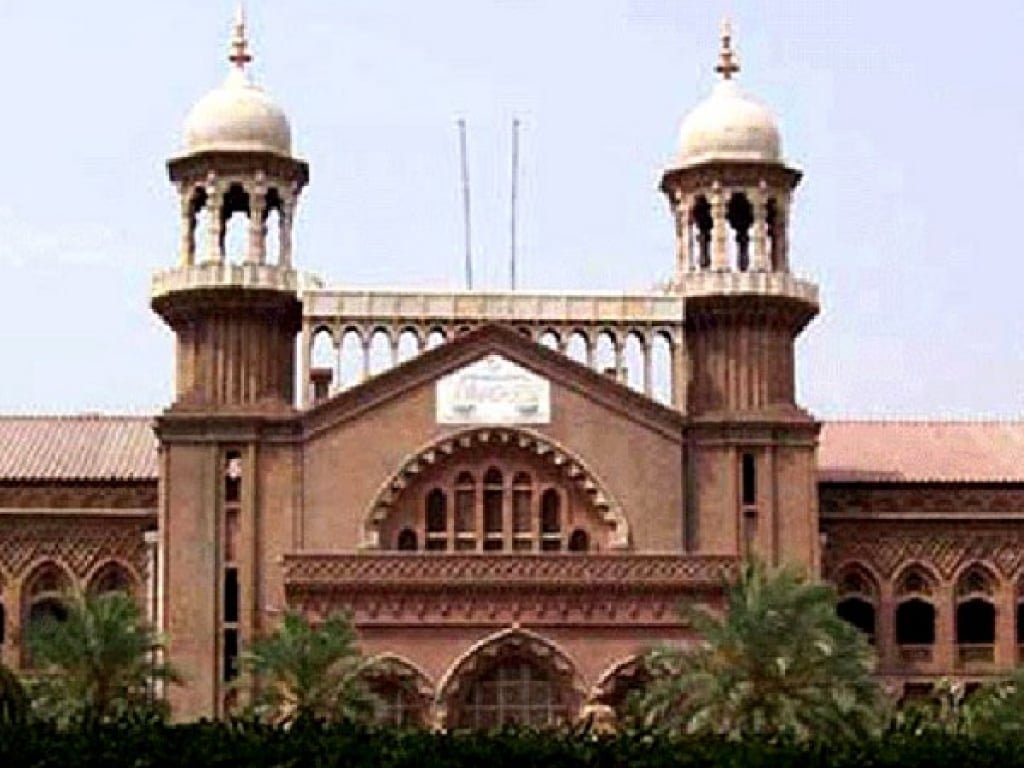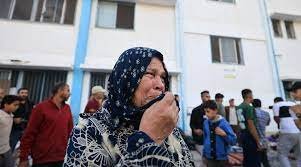Talks to forge South Africa’s post-election unity government face the daunting challenge of reconciling parties with highly contradictory goals, such as seizing white-owned farms and mines, abandoning Black empowerment policies, and rewriting the constitution.
The Challenge of Harmonizing Divergent Visions
The African National Congress (ANC) must harmonize these divergent and often hostile visions to ensure government stability, decision-making ability, and clear policy priorities over the next five years. This endeavor will test Nelson Mandela’s 1994 aspiration for a “rainbow nation at peace with itself” as politicians navigate historical ethnic and racial tensions starkly exposed by the May 29 election.
“It’s polarised politics on steroids,” said Piers Pigou, Southern Africa Programme Head at the Institute for Security Studies. “It suggests we’re going into a really messy, fluid period.”
Race Against Time
The ANC, which ruled unopposed for 30 years before losing its majority with just 40% of last month’s vote, is racing to form a unity government with its rivals to stay in power. They have until parliament’s first sitting on Friday to reach an agreement. President Cyril Ramaphosa has expressed a preference for a government of national unity involving multiple parties rather than a formal coalition with one or two.
Heightened Tensions and Hardened Positions
In the two weeks since the election, parties have hardened their positions and exchanged insults instead of seeking common ground. ANC chair Gwede Mantashe’s attribution of ex-leader Jacob Zuma’s uMkhonto we Sizwe (MK) party’s success to “Zulu tribalism” provoked a backlash from Zulus and the MK, who called the remark “dangerous and offensive.” Zuma, meanwhile, has claimed widespread fraud in an election that observers and other parties deemed free and fair.
Historical Echoes and Current Divisions
Mandela’s national unity government in 1994 was not born out of political necessity but aimed to reassure a nation divided by apartheid that no group would ever be marginalized again. The recent election, however, revealed that South Africa remains deeply divided along ethnic and racial lines.
“Parties that did well in this election … campaigned on very narrow nationalistic identity politics,” said Oscar van Heerden, an ANC insider, author, and senior research fellow at the University of Johannesburg. The election has set back progress toward “a united, non-racial society,” he added.
Diverse Party Support Bases
The MK garnered nearly half the vote in Zuma’s Zulu heartland of Kwazulu-Natal, while the Democratic Alliance (DA) remains overwhelmingly popular with whites, securing 22% of the vote. The far-left Economic Freedom Fighters (EFF) command significant support among urban Blacks, while the ANC retains strong loyalty among rural Black voters. The Patriotic Alliance, which campaigns to defend coloured people, secured 2% of the vote.
Forming Alliances: A Complex Equation
Investors view an ANC-DA alliance as the most market-friendly, but ANC officials have rejected this option, seeing the DA as a party of white privilege and a long-term vote loser. Instead, the ANC aims to dilute the DA’s influence in any coalition by including smaller parties.
“If Ramaphosa just went into a coalition with the DA … that would be suicide for the party’s unity,” said Nicole Beardsworth, University of Witwatersrand research fellow. The ANC, a broad church comprising neoliberals and left-wing factions like the Communist Party and the Congress of South African Trade Unions, must balance demands from its left wing by bringing in smaller, more radical parties.
The Path Ahead: Cohesive Policy-Making Challenges
Finding consensus to create a functioning government that can revitalize South Africa’s flagging economy is fraught with challenges. The ANC and EFF support expropriating white-owned land, a policy opposed by the DA. The DA wants to scrap Black empowerment policies, a move unacceptable to the ANC. The EFF and MK party seek to overhaul the constitution for different reasons, while the DA refuses to work with either MK or EFF. Moreover, Zuma’s party demands Ramaphosa’s resignation, a condition he firmly rejects.
Conclusion
The task of forming a unity government in South Africa involves navigating a minefield of conflicting goals and entrenched positions. How well the ANC manages to reconcile these differences will determine the stability and effectiveness of the government, impacting the nation’s future trajectory and the realization of Mandela’s vision of a unified, peaceful “rainbow nation.”



